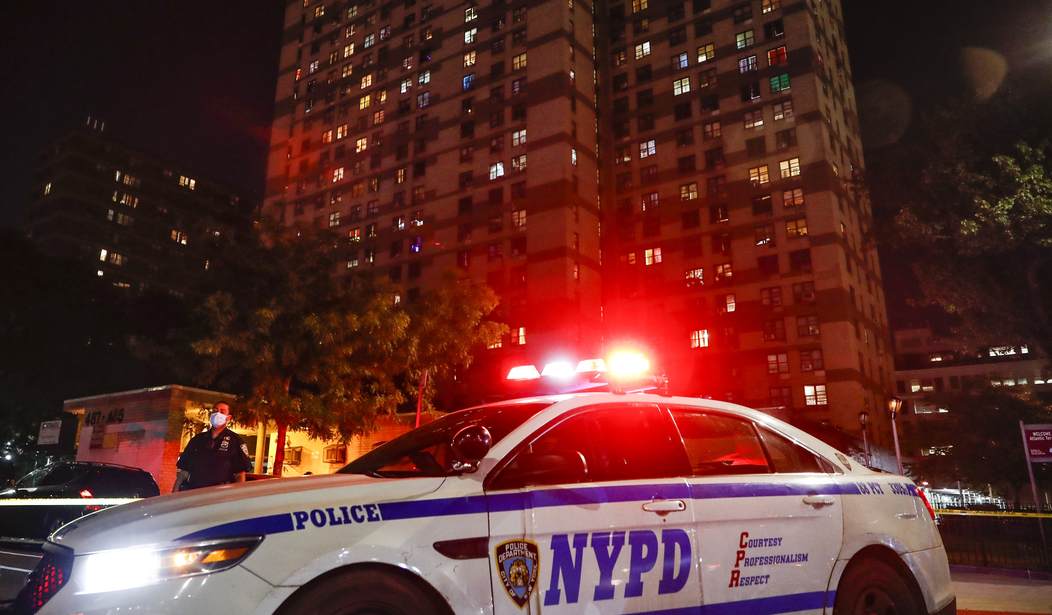"Will I die today?" It's a question that enters the minds of countless law enforcement officers as they don their uniforms each morning, a stark reminder of the deadly nature of their chosen profession. Imagine looking in the mirror, straightening your badge, and wondering if this routine act might be your last – if today's shift could be the one that puts you in the grave.
It's become a grim routine: almost daily, headlines flash across our screens bearing news of yet another tragedy involving law enforcement. "Police officer and 1 other person fatally shot in Mississippi, 2 other officers wounded." These words, or ones painfully similar, appear with a frequency that should shock us to our core. Yet, for many, they've become just another statistic, another fleeting moment of sadness quickly buried under the avalanche of the day's news.
But we, as a collective, need to be enraged. We need to feel the weight of these headlines to understand the human cost behind these numbers. These aren't just news items; they are lives shattered, families torn apart, communities left reeling.
As a federal agent in plain clothes for 90% of my career, I didn't have to worry about being an overt target. I didn't have to wonder if my stop at the coffee shop would end in gunfire. I didn't have to constantly look over my shoulder, wondering if today would be my last.
Matthew Thomas, Chief Deputy of the Pinal County Sheriff's Office, puts it succinctly: "Putting on the uniform and badge has always come with an inherent risk. You have an understanding that there are those who will target you for violence based simply on the fact that you're a cop. It's why you become hyper-vigilant in observing your surroundings."
This hyper-vigilance is not paranoia; it's a necessary survival skill. Every traffic stop, every domestic dispute call, every routine patrol could potentially escalate into a life-threatening situation. The weight of this reality is a burden that officers carry daily, alongside their badge and gun.
Recommended
What's often forgotten in the heated debates about law enforcement is that a human is behind the badge. That officer you see isn't just a uniform or a symbol of authority. They're someone's parent, child, spouse, or friend. They have hopes, fears, and dreams just like everyone else. And every day, they choose to put on that uniform, knowing it might make them a target.
This isn't to say that all criticism of law enforcement is unfounded. Like any institution, policing has its flaws and areas that need improvement. But it's crucial to remember the human element.
We need to equip our officers with more than just a badge and a gun. They need comprehensive training that prepares them for the unexpected. But training alone isn't enough. Our officers need resources – from cutting-edge protective gear to mental health support without stigma. And when an officer radios for help, they shouldn't have to pray that backup will come. Yet, in many rural areas, that prayer is all too real. This is why we need to demand that those in power understand what's at stake. Our officers' lives hang in the balance of budget decisions and policy changes.
Our politicians must step up and take concrete action to support our law enforcement officers. The safety of our communities and the lives of those who protect us cannot be reduced to mere talking points or election-season promises. We need our leaders at every level - local, state, and federal - to prioritize police funding, training, and resources. This means increasing budgets for comprehensive training programs, allocating funds for state-of-the-art safety equipment, implementing policies to ensure reliable backup, establishing mental health support programs, creating incentives to recruit and retain high-quality officers, and fostering outreach initiatives. The time for empty rhetoric is over. Our officers put their lives on the line every day; the least we can do is ensure they have the support they need.
To our politicians: Your constituents are watching, and we demand action. Will you answer this call? Will you make the tough decisions and necessary investments to protect those who protect us? The safety of our officers and our communities hangs in the balance. The next time an officer looks in the mirror and asks, "Will I die today?", let your actions be part of what gives them the courage to put on that badge and serve. Our law enforcement officers stand ready to defend us every day - now it's time for you to stand up for them.

























Join the conversation as a VIP Member